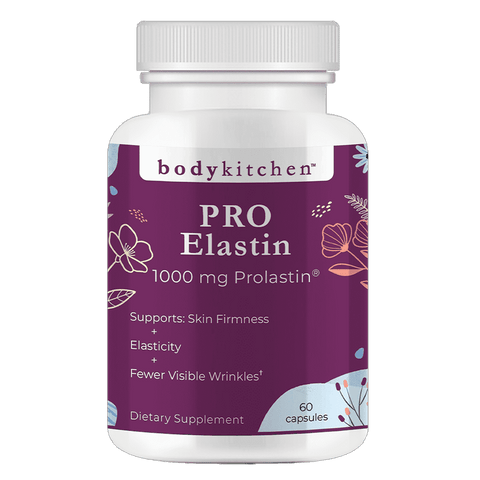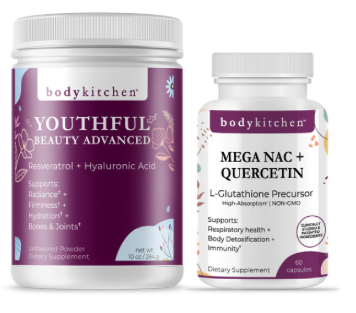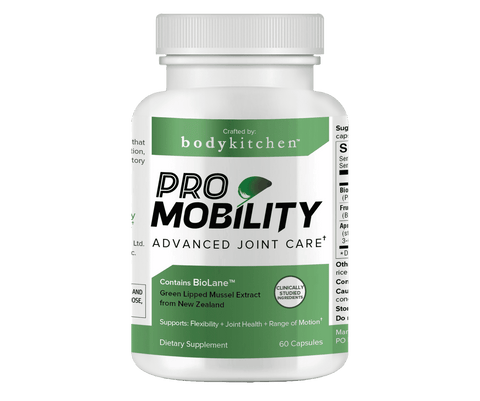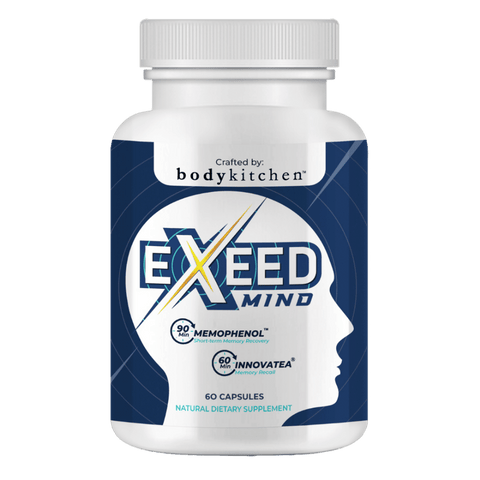HOW TO IMPROVE MEMORY - MEMORY GAMES AND SUPPLEMENTS
The U.S. Centers for Disease Control and Prevention report that one out of every nine adults over 45 has experienced some degree of memory loss. Many people mistakenly believe that memory decline is unavoidable, but the truth is that you can take steps to slow the memory loss process as you age potentially. Read on to find out how supplements and memory games for adults can help promote better recall and cognitive function.
WHAT ARE THE TYPES OF MEMORY?
Memory is a complex inner-working of the brain and is a blanket term for many different types of recall, including:
- Short-term or sensory memory. Short-term memory is recalling a short string of information for roughly 30 seconds. An example would be remembering a phone number until you grab a piece of paper and write it down.
- Working memory. With working memory, a short-term memory supplies information that the brain uses to perform another task. An example would be remembering a point someone makes in a conversation so that you can refute it when it's your turn to speak.
- Long-term memory. Your long-term memory refers to things that you remember for an extended period. Typically, when people talk about improving memory, they are referring to this type. There are several sub-types:
○ Semantic memory. This is your general knowledge of the world, your ability to recall facts about things that didn't happen to you. For example, you may remember what Paris looks like from a photograph even though you haven't been there.
○ Episodic memory. Episodic memory recalls an event that you experienced, such as a birthday party you had during your childhood.
○ Implicit memory. Implicit memory is recalling something that influences your behavior but is held in your subconscious rather than your conscious mind. There are two sub-types of implicit memory:
○ Procedural memory. This type of memory helps you perform tasks that you have learned throughout your life, such as driving a car or cooking a recipe from scratch.
○ Priming. This type of memory occurs when two things become associated because they have occurred together in the past in a process known as conditioning. An example would be craving something sweet after a meal because you have been eating dessert every night since childhood.
THE IMPORTANCE OF SEMANTIC MEMORY
Typically, when people talk about improving their memory, they are referring to their semantic memory. Here are some reasons why this type of memory is essential:
- You need it to learn new facts and to remember what you learned.
- You rely on it when you perform a series of tasks to complete a job or project.
- You must call on it to remember the names of everyday objects.
- Other types of memory are often linked to it.
WHAT CAN NEGATIVELY AFFECT SEMANTIC MEMORY?
Over time, brain cells naturally die as a part of the aging process. This can lead to some semantic memory loss. In people with Alzheimer's, semantic memory becomes impacted by an overgrowth of protein in the brain. Other types of bacteria and viruses may also diminish semantic memory. It's important to note that sometimes stress, fatigue, and anxiety can make recalling information stored as semantic memories harder. In this case, the memories aren't lost. Your brain struggles to remember them due to a lack of focus. Sometimes, a brain injury or traumatic event can cause short-term memory loss and a temporary inability to recall semantic and episodic memories.
HOW TO IMPROVE MEMORY AND FOCUS
While there is no way to completely prevent memory loss or a magic solution that will suddenly give you perfect recall, otherwise known as a photographic memory, you can take some steps to support cognitive function to benefit your memory by:
- Taking Memory Improvement Supplements. Memory enhancing supplements are a very effective choice. They contain ingredients believed to promote brain health and may also feature antioxidants. These nutrients fight harmful free radicals in ultraviolet energy and pollution that damage cells in the brain and the rest of the body. Herbs and nutrients that support blood flow to the brain, like theobromine found in cocoa beans, are also found in some supplements. Look for brands, such as Body Kitchen, that formulate products specifically for improving these issues. EXEED Mind uses clinically-grade ingredients that have been proven to work in students, gamers, office-warriors, or anyone looking for daily clarity.
- Playing Memory Improvement Games. Memory games help keep the nerves and cells involved in recall active, which could make them stronger or more resilient over time. You can play memory games online or purchase books that contain them.
- Learning a New Skill. Scientific studies have shown that learning things at any age positively impacts cognition. You might take up playing a musical instrument or start studying a new language.
- Numerous studies have confirmed that reading for pleasure regularly aids in memory retention and boosts cognition. It doesn't matter if you read literature, nonfiction, or a romance novel. The act of reading itself stimulates the formation of new connections in the brain.
















